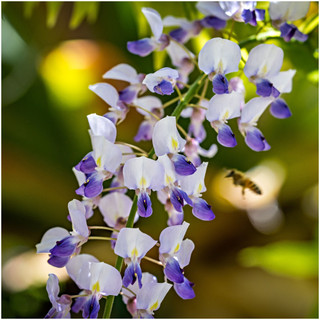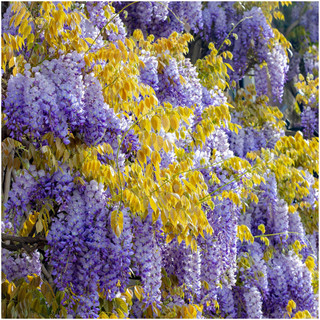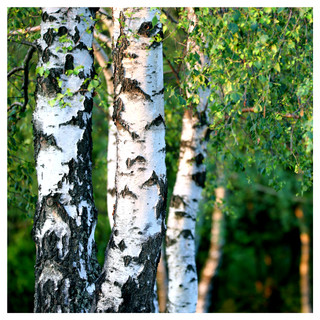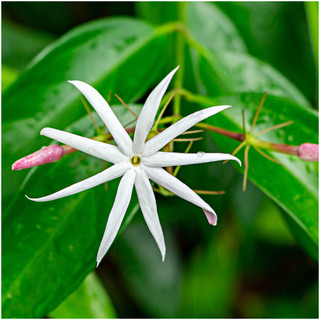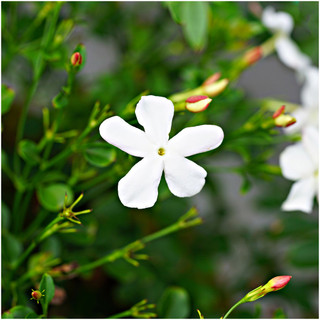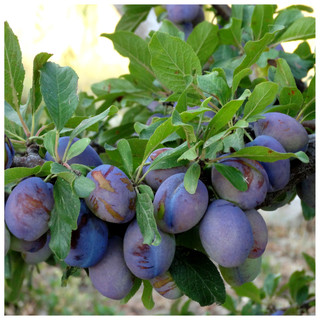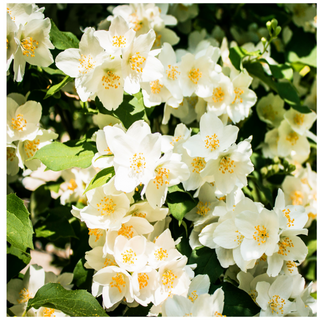100 Common Osier Willow 3-4ft,For Basket Making, Salix Viminalis Hedging Plants
Product Description
100 Common (Osier) Willow / Salix Viminalis
Strong Multi-Stemmed Plants 3-4ft Bare-rooted
These are BARE ROOTED plants which can be planted from the end of October utnil April and will be dispatched as soon as the weather turns cold and they become dormant. The dispatch date depends on the Autumn temperature and varies from year to year.
A species of willow (Salix) native to Europe and western Asia. It is a multistemmed shrub growing to between 3-6 m (rarely to 10 m) tall.
It has long, erect, straight branches with greenish-grey bark. The leaves long and slender, 10-25 cm long but only 0.5–2 cm broad; they are dark green above, with a silky grey-haired underside. The flowers are catkins, produced in early spring before the leaves; they are dioecious, with male and female catkins on separate plants. The male catkins are yellow and oval-shaped; the female catkins are longer and more cylindrical; they mature in early summer when the fruit capsules split open to release the numerous minute seeds.
It is commonly found by streams and other wet places. The exact native range is uncertain due to extensive historical cultivation; it is certainly native from central Europe east to western Asia, but may also be native as far west as southeastern England. As a cultivated or naturalised plant, it is widespread throughout both Britain and Ireland, but only at lower altitudes. It is one of the least variable willows, but it will hybridise with several other species.
Along with other related willows, the flexible twigs (called "withies") are commonly used in basketry, giving rise to its alternative common name of "basket willow". In the Chilean village of Chimbarongo, it is used to fashion the renowned baskets. Another increasing use is in energy forestry, effluent treatment, wastewater gardens and water purification.
For the bare root planting instructions, please click here.







